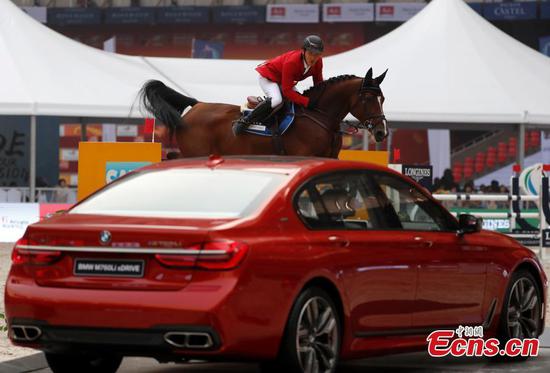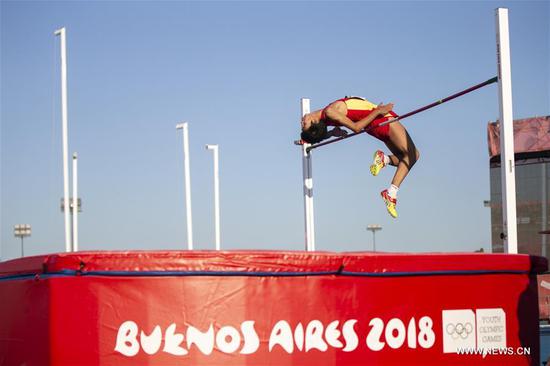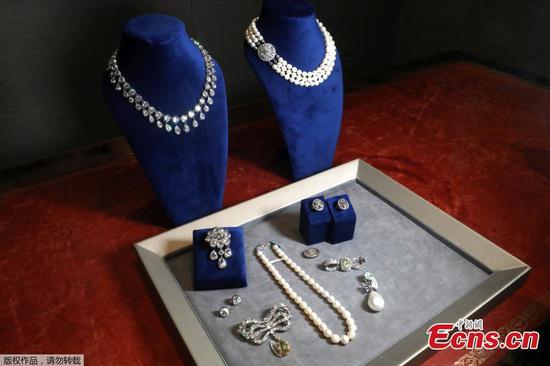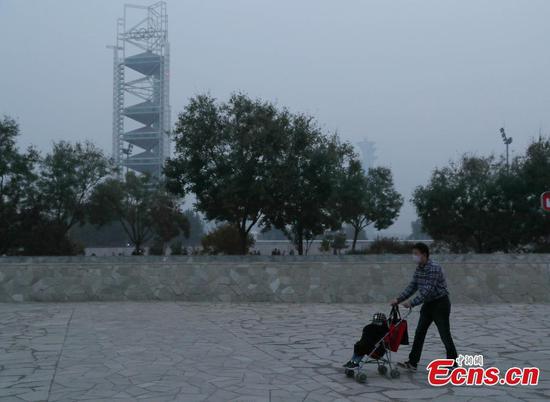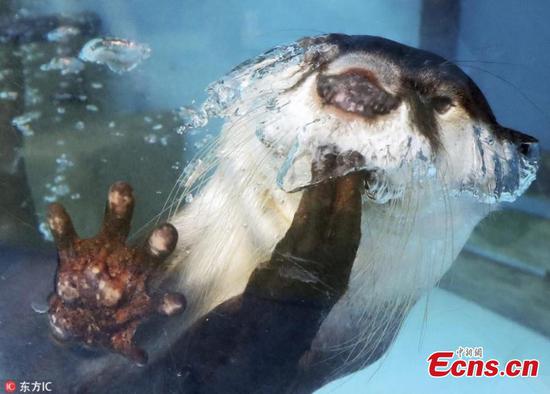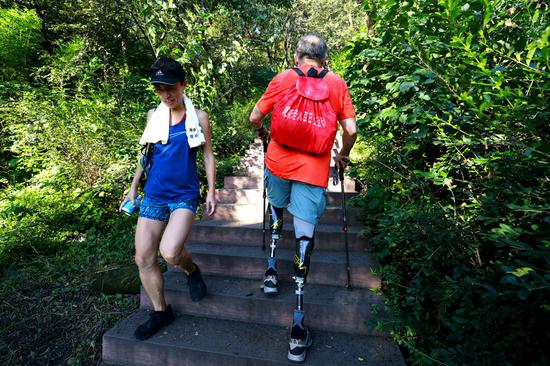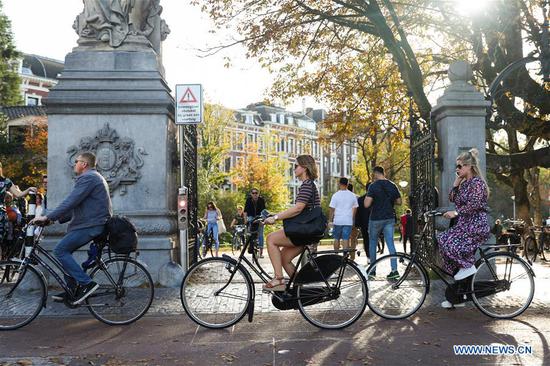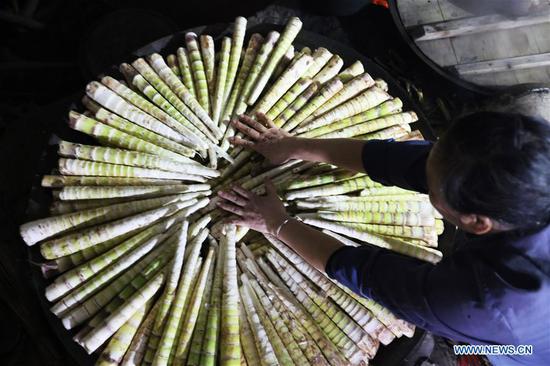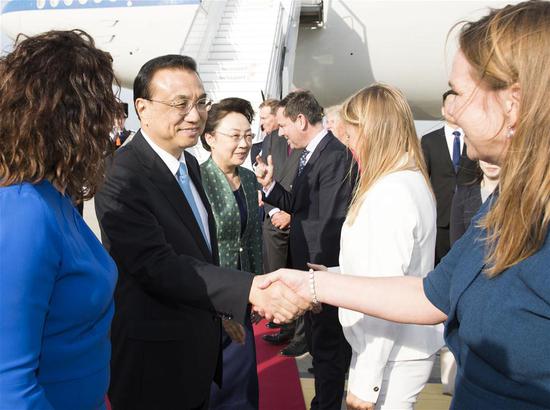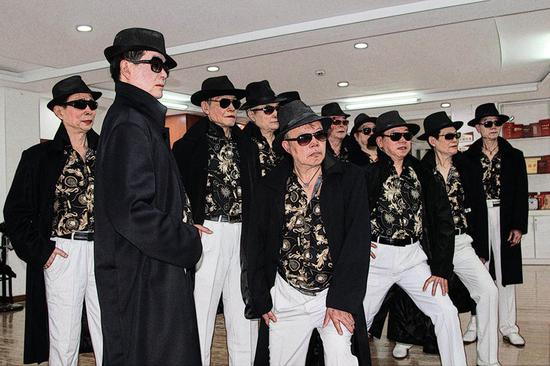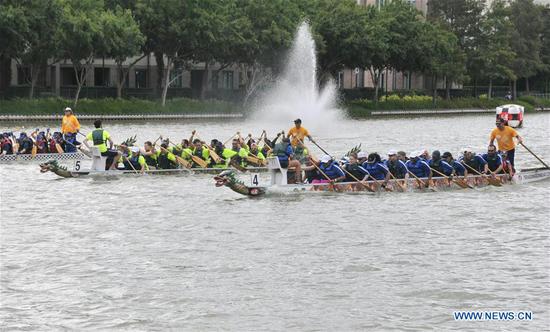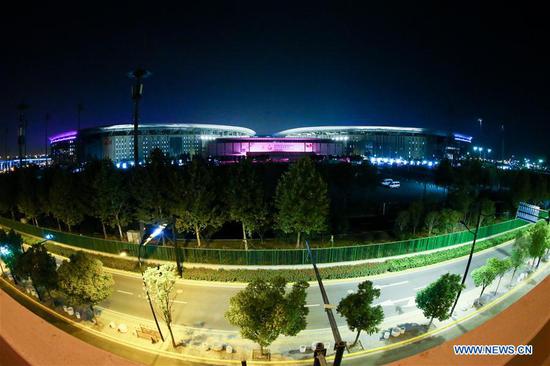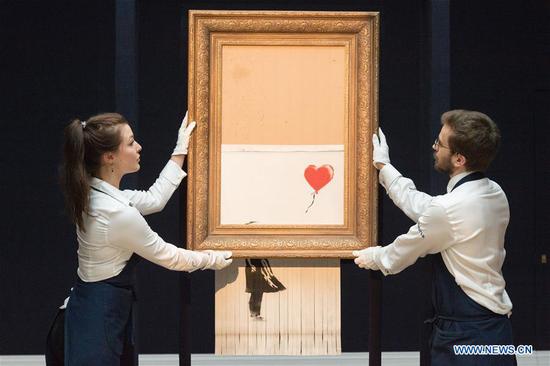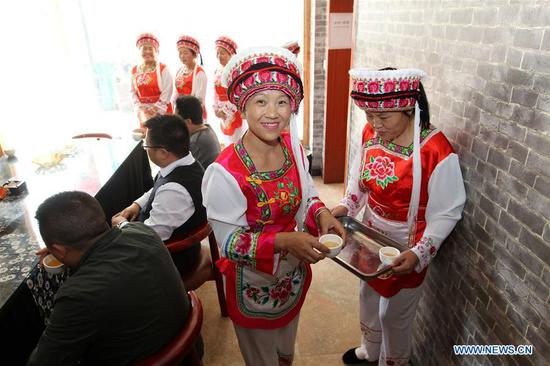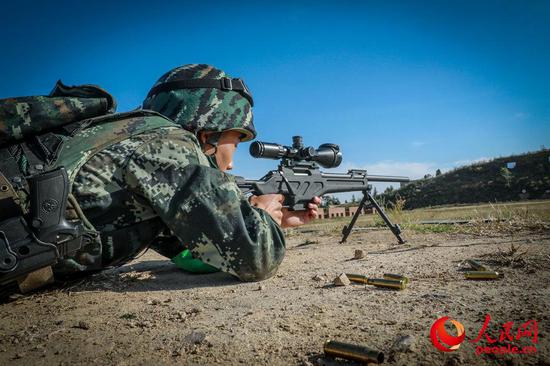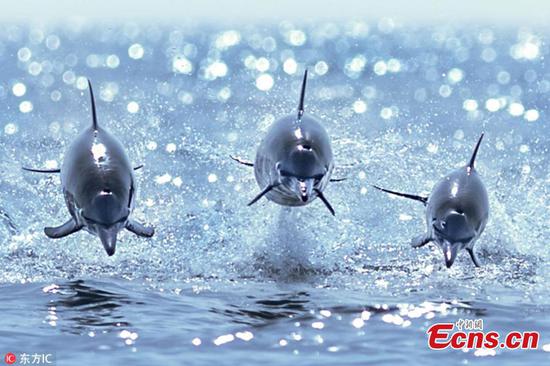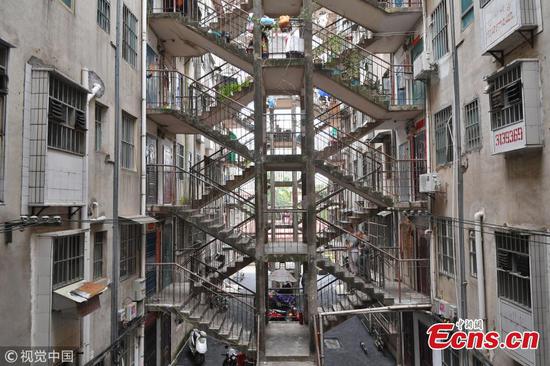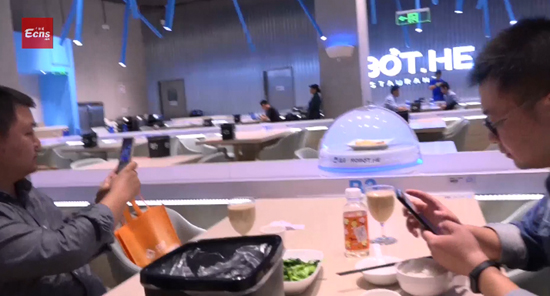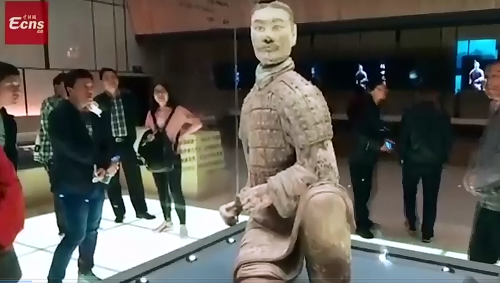Chinese scientists have potentially found a more effective solution to liver transplant rejection, which is life-threatening when it occurs.
Liang Gaolin, head of a research team at the University of Science and Technology of China, has developed a new treatment for liver transplant rejection in collaboration with two other teams led by Wang Xuehao and Wang Fuqiang from Nanjing Medical University.
The findings, which were published in the latest issue of Advanced Materials, a Germany-based scientific journal, have been proved effective in rats, but are yet to be tested in clinical trials.
Rejection is the biggest problem of organ transplants. Immune suppressive drugs such as tacrolimus are directly administered to patients after their surgery for T-cell inhibition. However, direct oral administration of tacrolimus can result in severe side effects.
Cell experiments on rats have shown that tacrolimus encapsulated in two hydrogels when applied to the scar surface of the transplant has a better inhibition effect on the activated T-cells than free drug tacrolimus.
Liver transplant experiments indicate that, with the same dose of tacrolimus, rat recipients in the gel group showed a significantly extended median survival time of 22 days, while the rats treated with conventional tacrolimus medication only had a median survival time of 13 days.
The researchers expect to bring this "smart" facile method of tacrolimus immune responsive release into the clinical trial phase in the near future.









